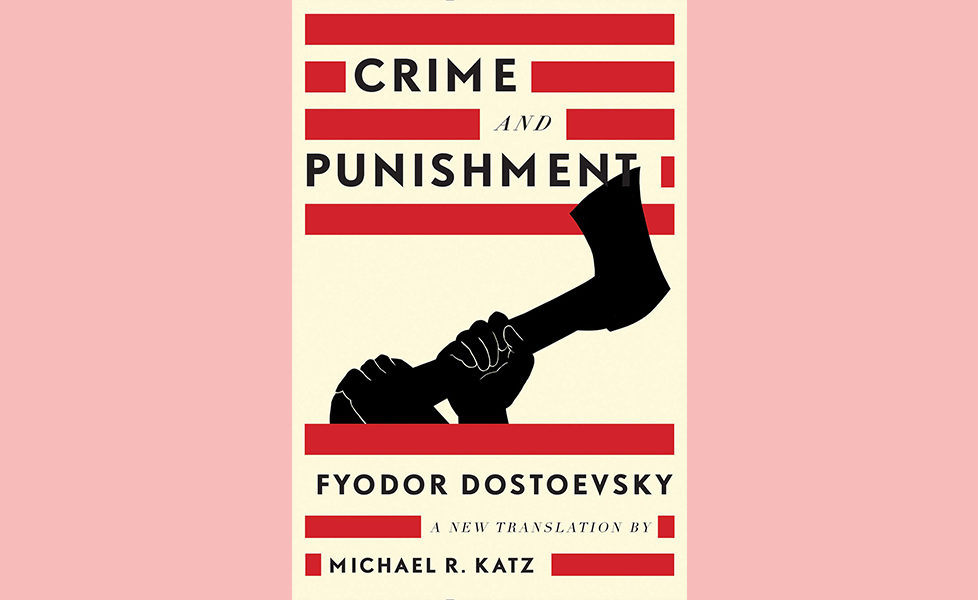
“Crime And Punishment”, by Fyodor Dostoevsky, is just one of the classics of Russian literature lying around the flat at the moment.
It’s not because I like a challenge particularly (although some of them definitely are a challenge!)
I studied a good few of them back at university, and I decided recently they were worth a revisit.
And it’s Dostoyevsky’s most famous work (arguably) that I tackled first.
A rascal(nikov)
The book follows the story of a wonderfully alliterative law student named Rodion Raskolnikov, semi-deliberately living in poverty in Moscow.
Barely able to support himself with jobs tutoring students, the book’s mildly unhinged protagonist hatches a plan. He will kill and rob a local money lender.
He spends a long time trying to justify his plan to himself. Eventually, he decides that his target is an immoral person — and he is therefore duty bound to murder her for the good of society.
After he learns that his sister is to marry an unsuitable man to escape her own poor circumstances, he finally commits. Stealing an axe, he travels to the money lender’s apartment and murders her. Unfortunately, he also murders her half-sister, who stumbles upon the scene.
He is too affected to steal much more than a few coins and a watch, and flees into the streets.
The rest of Dostoyevsky’s book deals with the aftermath of this act, as Rodion’s mental health deteriorates, and he attempts to escape the attentions of a police officer named Petrovich.
While the main character is a fascinating, frustrating presence, and his descent from self-indulgent to pitiful is a fascinating journey to watch unfold, it’s the book’s silent character that struck me the most.
Setting the mood
It’s the country of Russia itself that proves to be the most influential, dreadful character in “Crime And Punishment”.
The societal, social and emotional stagnation the people labour under oozes from every page. Rodion’s listlessness in the face of his unfortunate situation may rankle in the beginning. But it soon becomes clear that he’s not behaving this way out of disinterest or idleness. Instead, he’s helpless.
He has just enough education and ambition to try to make it in Moscow society, but he lacks the money and connections to improve his social standing. He can’t go back to living in poverty with his family, and he can’t advance.
This feeling of being trapped affects every aspect of his personality: he isolates himself from friends and potential romantic interests because of his self-image. Either they are too good for him, or he is too good for them.
Eventually he convinces himself that if he isn’t socially superior to those around him, he must hold moral superiority instead.
And that’s what sets him on his road to murder, and eventual mental decline.
A tough read
“Crime And Punishment” wasn’t easy to read. But I did find it incredibly affecting. Indeed, two particular, horrifying scenes have stuck with me from the first time I read it more than 10 years ago. This was partly the reason I decided to read it again — I wanted to see if the fuss I’d made of them for so long was justified!
Turns out . . . it was.
I’d recommend this book to anyone with an interest in history, and character study. But maybe have a much cheerier book on hand to read immediately afterwards!
For more book reviews from “The People’s Friend” team, click here.




